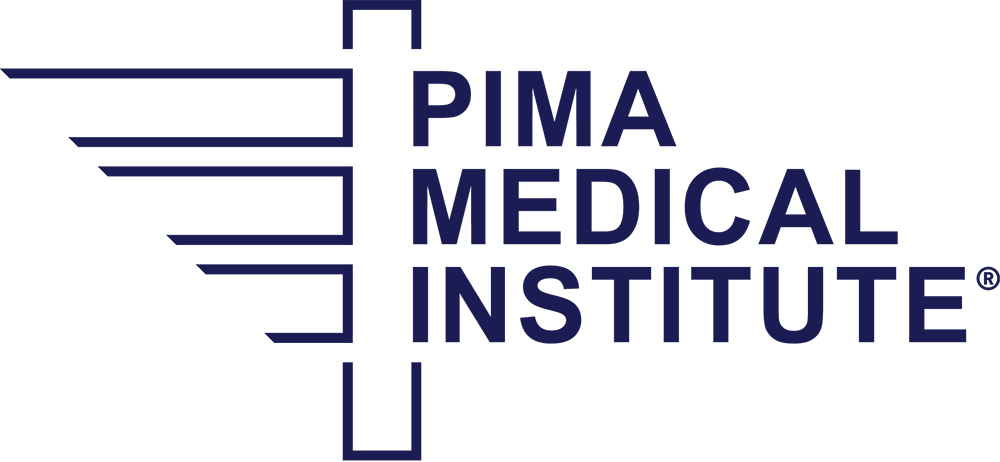If you are considering a career in healthcare, you probably have some questions about what path might be the right one for you. Well, if you want to help people, aren’t afraid of needles and enjoy one-on-one interaction with patients, phlebotomy might be a great place to start. We are answering three of the common questions about this growing profession.
Let’s start with the most asked question of all. What is a phlebotomist? In the simplest of terms, a phlebotomist, or phlebotomy technician, draws blood. However, there is more to the job than meets the eye.
As a phlebotomist you are an integral part of the medical team and will perform duties like drawing blood specimens by venipuncture, syringe and micro-collection techniques, prepare samples for laboratory testing and analysis and assemble and maintain medical instruments like needles, test tubes, blood vials and centrifuges. You might also need to give assistance to a patient if there is an adverse reaction, and you must have the knowledge and ability to explain the process and help put patients at ease. At Pima Medical Institute, we offer a three-month certification program where you will gain hands-on experience in real-world lab settings. You will be ready to hit the ground running as soon as you enter the field.
So where can you work as a phlebotomist? Once you have earned your certification, you will have multiple career opportunities, including work at clinical labs, hospitals, independent labs, physicians’ offices, public health agencies, mobile labs, research institutions, blood donor centers and more.
You might be wondering if becoming a phlebotomist is a good career choice? Many graduates use their phlebotomy certification as a stepping-stone to continue their education or pursue other career opportunities. Many phlebotomy technicians find their work very fulfilling and make it their long-term career. According to the Bureau of Labor Statistics, employment of phlebotomists is projected to grow 17 percent by 2029, much faster than the average for all occupations. Hospitals, diagnostic laboratories, blood donor centers, and other locations continue to need qualified phlebotomists to perform bloodwork.
Are you ready to take the first step toward your career in healthcare? We offer the phlebotomy certification at nine of our ground campus locations. Learn more now at pmi.edu.



